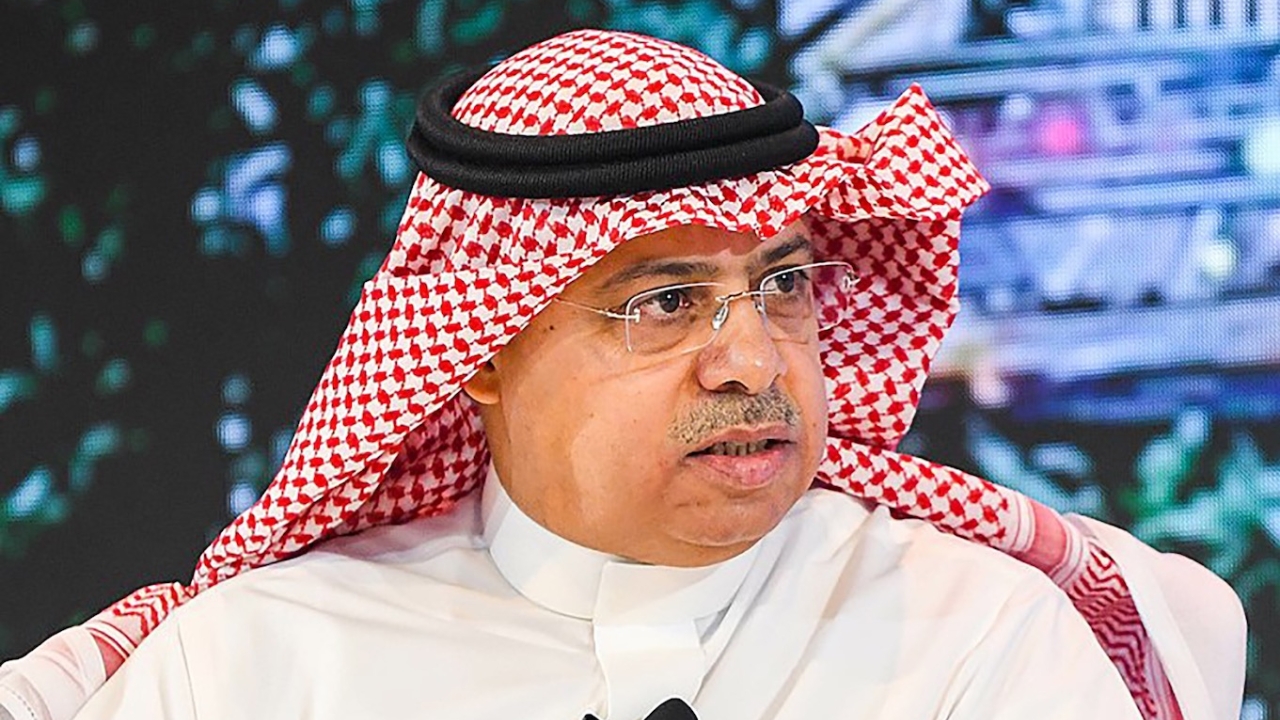Saudi: The shape of wings to come
The General Authority of Civil Aviation (GACA) is implementing comprehensive aviation reforms in Saudi Arabia to help fuel the Kingdom’s air transport growth, innovation and passenger service levels.

His Excellency Abdulaziz Al-Duailej: “The regulations create an open, dynamic and competitive market.” PICTURE: GACA
Following an extensive consultation process with aviation sector stakeholders, GACA announced in October sweeping new rules that will “unleash” the Kingdom’s aviation sector.
“GACA’s transformation of Saudi Arabia’s aviation economic regulations will drive further investment, growth, and performance across the aviation sector,” said His Excellency Abdulaziz Al-Duailej, GACA president.
“The regulations will enable the realisation of the Saudi Aviation Strategy, which is mobilising $100bn in investment from public and private sector sources by 2030.”
“The regulations create an open, dynamic and competitive market, setting a level playing field for global operators and investors in the Kingdom. These changes will create more competition, choice and value for passengers and consumers,” explained Al-Duailej.
GACA serves two main functions that shape the air transport market in the Kingdom, providing strategic oversight of the Saudi Aviation Strategy and through GACA’s core role as an aviation regulator, which was aided in 2020 with the separation of its mandate from airport system operator to strategic regulator.
“These changes will reduce the cost of doing business in the air transport sector,” said Awad Al Sulami, executive vice president for economic policies and logistics services at GACA. “The regulations will benefit the airline industry, achieving greater transparency and predictability in licensing processes and in economic conditions such as through a new airport pricing regime.
“The aim of GACA’s reforms on air transport more broadly are to encourage more market entrants who can meet the unprecedented demand in the Kingdom, by relaxing certain economic policy requirements and processes to reduce the operational costs of airlines,” he explained.
GACA has also reformed the rules on market entrant requirements for airports, said Al Sulami. “Qualifying rules for airport operators have been expanded to support the privatisation of the Kingdom’s airports,” he explained.
Airports will be enabled to propose charges in line with the new economic regulations and will have more flexibility to diversify revenues by growing non-aeronautical revenues.
These changes provide the regulatory building blocks to enables the Kingdom’s broader airport privatisation agenda, which is being led by the National Center for Privatisation.
There are changes in the air cargo sector too. “The Saudi Aviation Strategy is enabling the Kingdom to grow its transit air cargo share of the regional market to 25 per cent, capitalising on Saudi Arabia’s strategic location connecting three continents and its position as a major cargo market,” said Al Sulami.
Currently, Saudi Arabia only captures 33 per cent of its total demand for air cargo goods and only seven per cent of the total Middle East air cargo transit market. Air freight will grow more than five-fold from 0.8 million tons today to 4.5 million tons by 2030.
Freight capacity is being supported by an increase in warehouse capacity to six million tons, and the launch of free zones with globally-competitive incentives, including the launch of Riyadh Integrated in 2022. The strategy is bringing leading international logistics providers and multinational corporations to the Kingdom.
The rule changes “will provide a robust and comprehensive regulatory infrastructure for commercial relationships that support ground handling and cargo services, by introducing service level agreements between airports and service providers, including minimum operational performance and quality KPIs,” said Al Sulami.
GACA has adopted a ‘general freedom of access’ principle on airport operators for regulated ground handling and air cargo services. This means all of the Kingdom’s airports are open for licensed service providers.
“We are already seeing significant interest from international operators and investors, and we expect a significant increase in competition within air cargo and ground services as the regulations are adopted that will support further growth in this sector,” noted Al Sulami.
Finally, this year the regulator introduced a reform strengthening passenger rights, elevating the Kingdom’s regulatory regime to be the most comprehensive in the region, said GACA.
The raft of reforms will be phased in over 18 months, and the regulations will be supported by an implementation plan communicated by GACA to sector operators, said Al Sulami.
Stay up to date
Subscribe to the free Times Aerospace newsletter and receive the latest content every week. We'll never share your email address.


